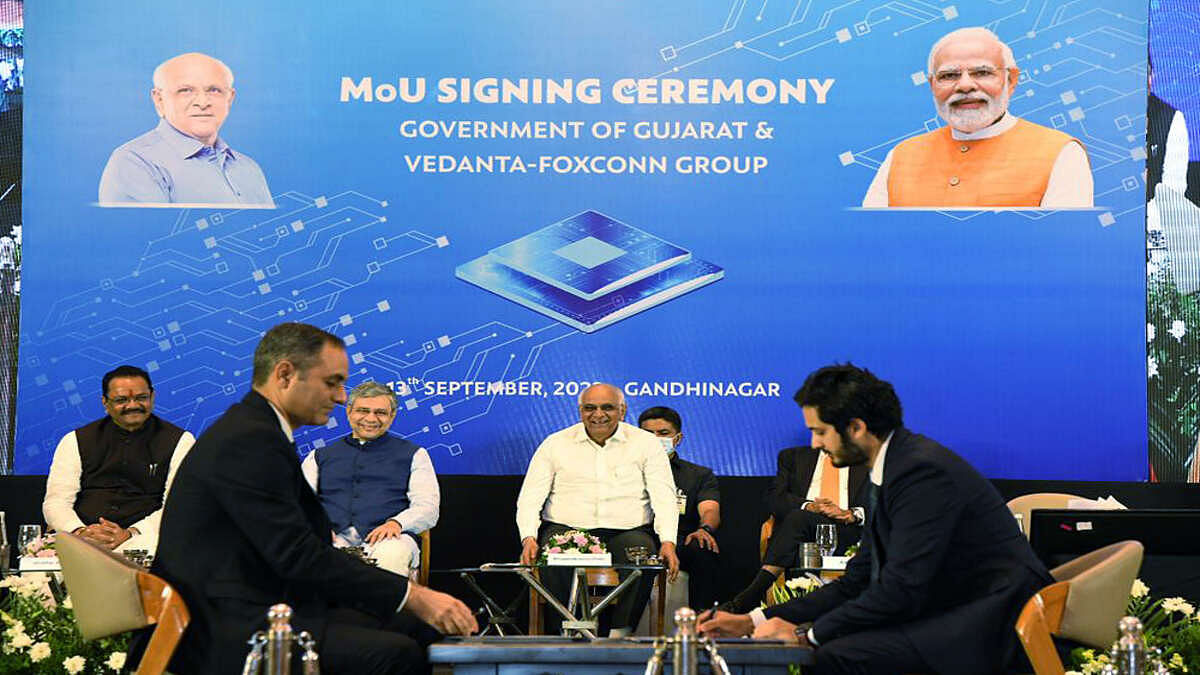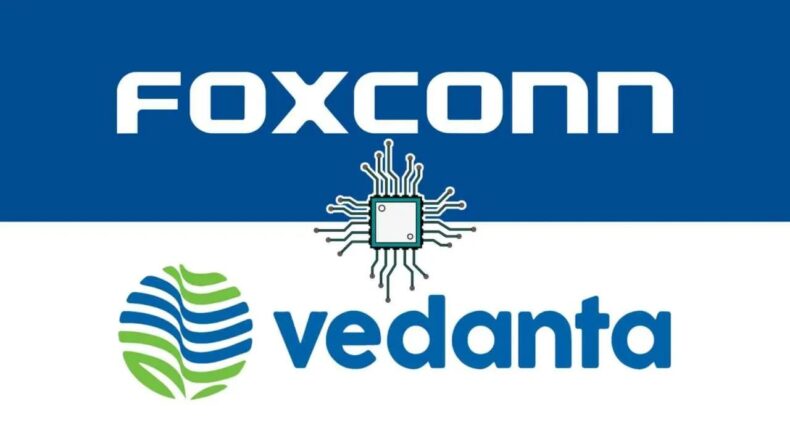The collapse of the Foxconn-Vedanta deal has been met with disappointment by many in India, who were hoping that the joint venture would help to make the country a major player in the global semiconductor market. However, despite this setback, there are still many reasons to be optimistic about India’s semiconductor prospects.
First, the Indian government is committed to making India a global semiconductor hub. The government has already announced several incentives to attract semiconductor manufacturers to India, and it is clear that they are serious about making this happen.
Demand for semiconductor
There is a growing demand for semiconductors in India. It has been estimated that India’s electronic market will grow at a compound annual growth rate of 19.7% from 2022 to 2026.

This growth will create a strong demand for semiconductors, which will provide opportunities for Indian manufacturers.
India has several strengths that could make it a successful semiconductor hub. The country has a large pool of skilled engineers, and it is also relatively low-cost. These factors could make India an attractive destination for semiconductor manufacturers.
Challenges in the semiconductor market
There are also some challenges that India will need to overcome in order to become a major player in the global semiconductor market. One challenge is the lack of a strong domestic semiconductor design ecosystem. Another challenge is related to the country’s infrastructure as it should be improved.
Despite these challenges, India has the potential to become a major player in the global semiconductor market. The government is committed to making this happen, and there is a growing demand for semiconductors in India. If India can overcome the challenges it faces, it could become a major player in the global semiconductor market in the years to come.
Amit Malviya’s Tweet
BJP spokesperson Amit Malviya took a dig at the Congress party over the collapse of the Foxconn-Vedanta deal.

Malviya claimed that Congress was happy about the deal’s failure because they were hoping it would put off India’s ambitious move into the semiconductor industry.
Malviya also stated that the congress is concerned that India’s emergence as a center for semiconductor production will further solidify its status in the international community as a reliable player in the technology sector. He said that the Congress loathes a confident and self-reliant India. The Congress party has not yet responded to Malviya’s tweet.
Foxconn Vedanta Deal
The collapse of the Foxconn-Vedanta deal is a setback for India’s semiconductor ambitions, but it is not the end of the story as India has other options too. The Indian government is still committed to making India a major player in the global semiconductor market, and there are still many reasons to be optimistic about India’s prospects.

The Foxconn-Vedanta deal was just one of many initiatives that the Indian government is taking to promote the growth of the semiconductor industry in India. The government has also announced a number of other initiatives, such as the setting up of a semiconductor design center and the establishment of a semiconductor manufacturing cluster.
These initiatives, along with the growing demand for semiconductors in India, give the country a good chance of becoming a major player in the global semiconductor market in the years to come and India will do great in it.













